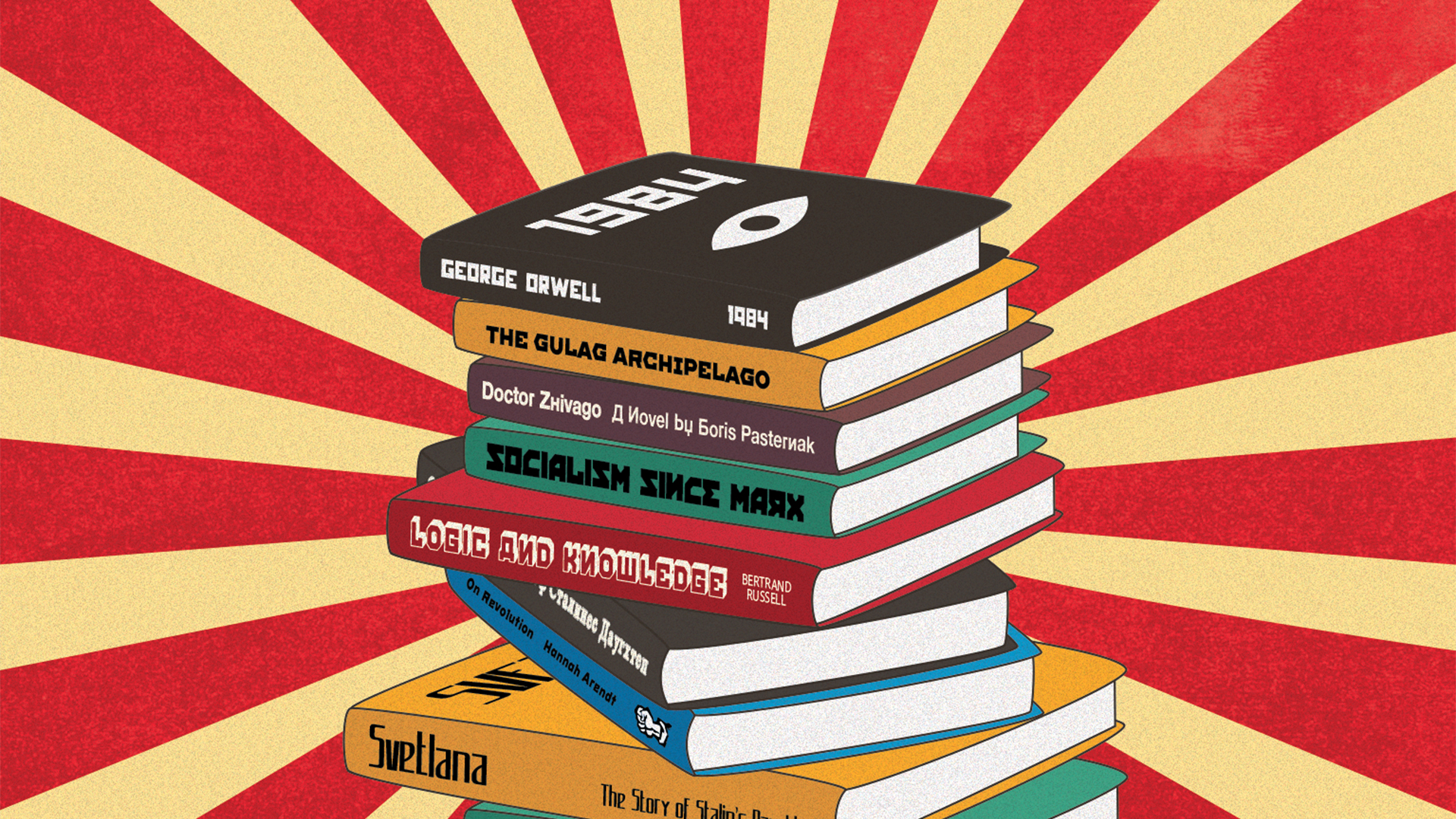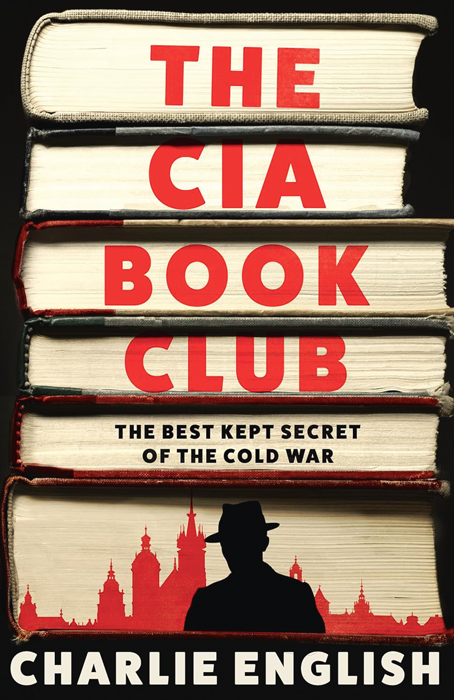It’s sometimes said that we are living through a new Cold War, in which East and West are once again fighting for global supremacy through a series of proxy conflicts, chiefly, in our era, in Ukraine. Cold War II is not wholly the same as Cold War I: mid-20th century China was not the emerging superpower it is now, and Nato back then enjoyed the unwavering support of the White House. Yet similarities abound, not least the importance of psychological warfare and propaganda. Intelligence services now push messages through an array of digital media; back then, the CIA used the very analogue means of books and publishing.
Get the latest news and insight into how the Big Issue magazine is made by signing up for the Inside Big Issue newsletter
First, a little context. For 45 years after WWII, Europe was divided by the most heavily guarded border on earth, the Iron Curtain. No physical combat could take place along this frontier: the risk of nuclear annihilation was too high for that. Instead, the conflict in Europe became a battle for hearts, minds and intellects. Few understood this more clearly than George Minden, head of a covert intelligence operation known as the ‘CIA book programme’.
As Minden knew, the people of every Eastern Bloc country were governed by a tight system of censorship, something akin to the Ministry of Truth in George Orwell’s novel 1984, which sought to control all public dialogue and information. In Poland, this function was performed by the Main Office for the Control of Presentations and Public Performances: if you wanted to print so much as a business card or buy a ream of paper in that country, you needed Main Office permission. Enforced by KGB-style secret police, censorship and propaganda had a stifling effect on life in the bloc. It forced citizens to adopt a kind of Orwellian “doublethink”, where truth could be told in private, at home, but in official spaces you had to pay lip service to a state-sanctioned unreality governed by Marxist-Leninist precepts.
- How four women raged a secret propaganda war against the Nazis during World War II
- No, the Cold War hasn’t ended. It may have only just begun
- Author Scott Anderson on the last CIA survivor of the Cold War
The CIA’s programme sought to combat this stultification by sending free-thinking, uncensored literature from the West, since, as Minden once put it, “truth is contagious”, and if they could only deliver it to the oppressed peoples of the Soviet Bloc it was certain to have an effect. Working from its Manhattan headquarters, Minden’s “book club” oversaw the secret movement of 10 million banned titles into the East over a period of four decades.
They began with mailing books to addresses in East European phone books, targeting the great and the good, intellectuals and the influential. One early recipient of CIA books was Karol Wojtyła, the future Pope John Paul II, who even wrote a postcard of thanks. They developed a system of person-to-person distribution, in which travellers from the East were offered free books at certain distribution hubs in the West, on condition that they took them home in their luggage. As time passed, the smugglers’ methods grew more and more sophisticated.






